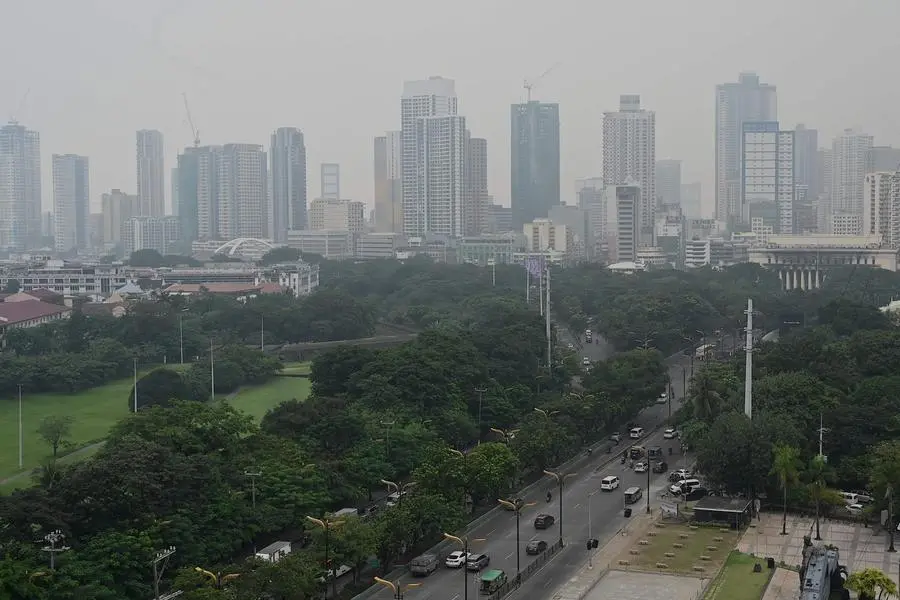PHOTO
The Philippines can potentially expand to a $2-trillion economy over the next decade if investments in key sectors will be sustained, particularly in education and human development, according to a top official of the World Economic Forum (WEF).
In a briefing with the economic team on Tuesday, WEF president Borge Brende expressed optimism on the growth trajectory of the Philippines, noting its resilience in a challenging global environment.
Brende emphasized that WEF is seeing a lot of global business interest in the Philippines considering that it is now the fastest growing economy in the region.
'It's not always been like that. We also see that there's increased interest for FDI (foreign direct investments) even if it is relatively lower in some of the surrounding countries,' Brende said.
He added that the WEF is 'very bullish' on the Philippines 'provided that reforms will be continued.'
'I think that in the coming decade, the Philippines can be a $2-trillion economy if there are better investments in education and infrastructure and also (if the country is) able to draw on the great competence of its people,' Brende said.
As of end-2023, the Philippine economy was just about $380 billion in nominal terms.
Brende noted his optimism is stemming from the country's stable and sound fiscal and monetary policy.
Brende said there is also a keen interest from the President and the Cabinet to get rid of unnecessary red tape and create the right investments for future growth.
'I think there are still areas of red tape and bureaucracy that can be addressed. And I know the government is on this. Of course, this is not something only for the Philippines. This is a challenge in many economies,' Brende said.
'But everything that can create even a more conducive environment for entrepreneurs and innovators (should be done),' he said.
While there are geopolitical challenges hounding the region, Brende said it could be an opportunity for the Philippines to receive increased investment especially in the manufacturing area because there is diversification of the supply chains.
'Vietnam, Malaysia, Thailand and India have gained a lot from this and I think there is also a potential for the Philippines. There are areas of policies that have to be looked at to make sure that it catches more momentum,' Brende said.
Copyright © 2022 PhilSTAR Daily, Inc Provided by SyndiGate Media Inc. (Syndigate.info).





















